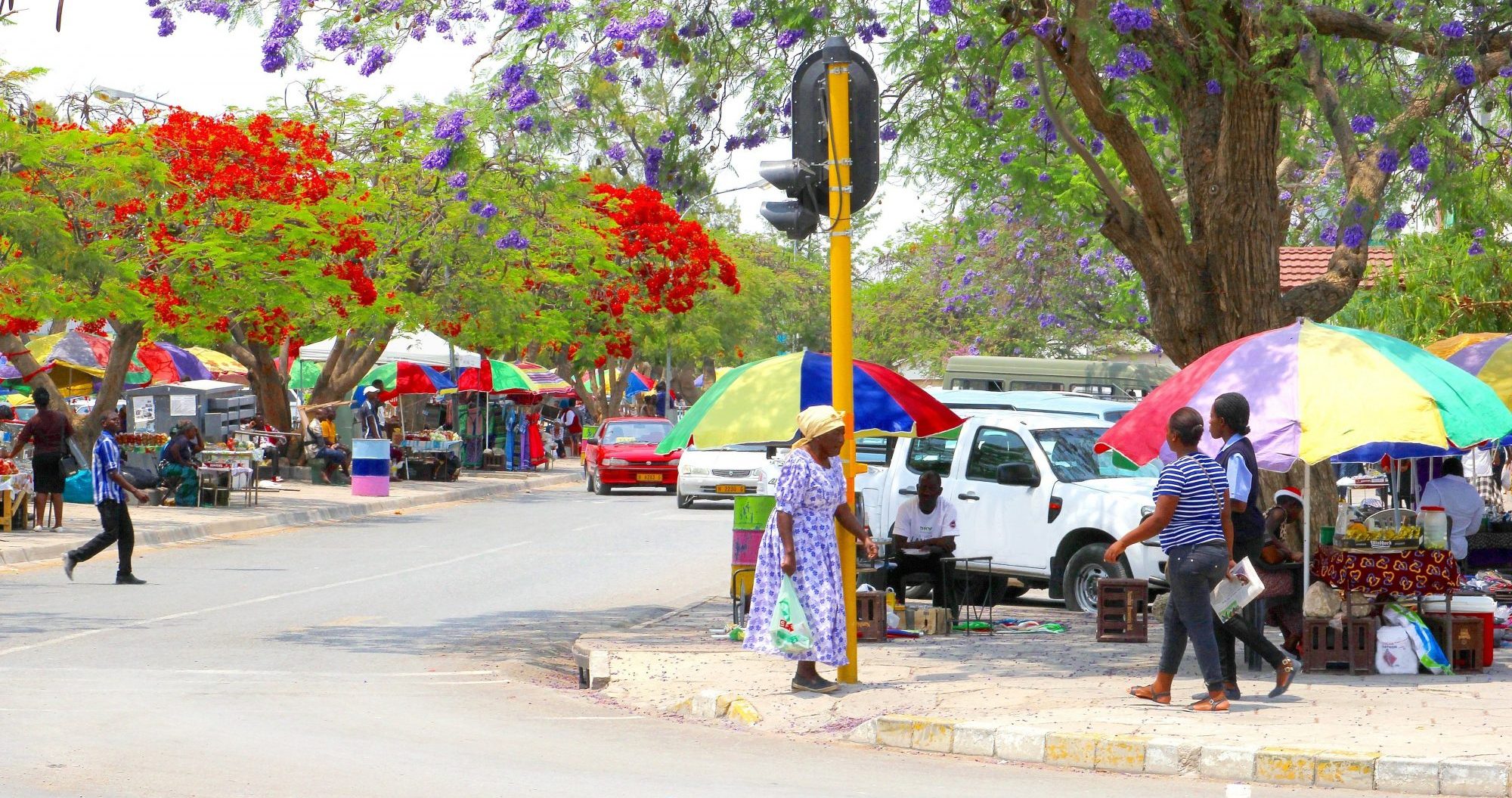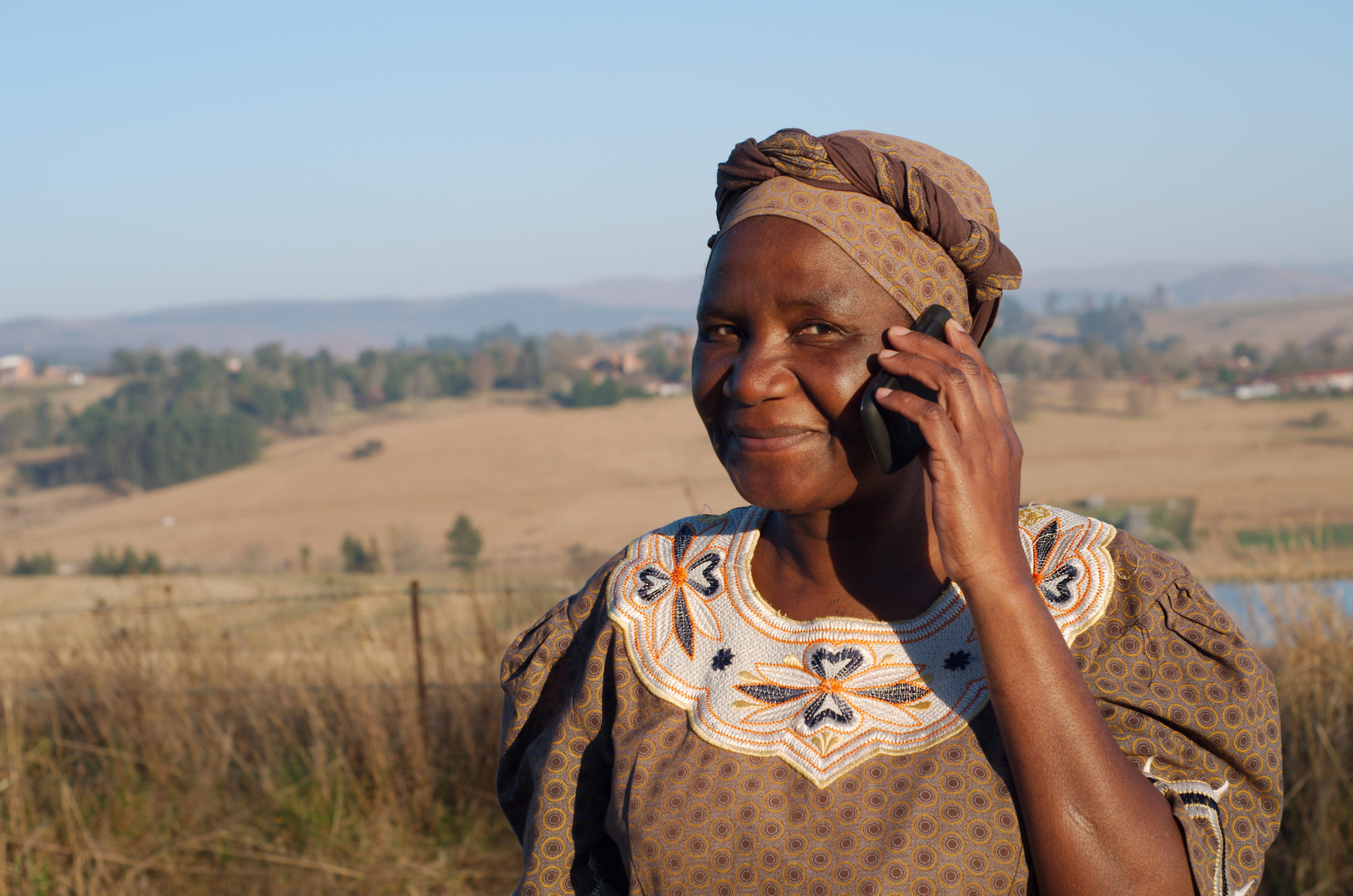
Illicit financial flows: A financial integrity perspective
How do we understand illicit financial flows from a financial integrity perspective? Illicit financial flows (IFFs) are understood to have a negative impact on the growth and development of countries as they drain them of resources that could have been utilised for social spending and other important functions. Moreover, they











